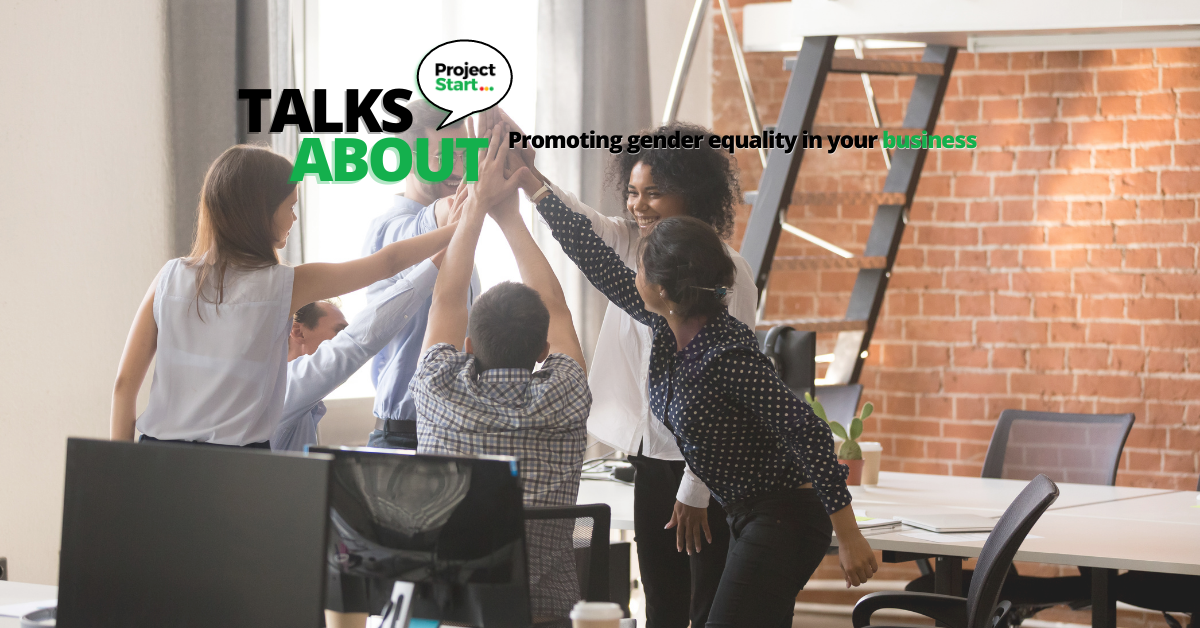Promoting gender equality in your business
The Women’s Empowerment Principles (WEPs) are a set of key Principles contributing to businesses on how to promote gender equality and empowering women within their place of work, community and marketplace.
The Principles were established by UN Global Compact and UN Women, the WEPs are informed by international labour and human rights standards, which are grounded in the recognition that businesses are responsible for gender equality and women’s empowerment.
WEPs are fundamental for corporate delivery on gender equality dimensions of the 2030 agenda and the United Nations Sustainable Development Goals.
If, for example, you want to join the Women’s Empowerment Principles community, the CEO or Director signals devotion to this agenda at the highest levels of the company and to work collaboratively in a multi-stakeholder network to promote leading business practices that inspire women.
What are the Women’s Empowerment Key Principles?
- Establish high-level corporate leadership for gender equality, this is a top strategic priority signalling team goals and targets the implementation of WEPs and how the seven Principles will fit in the sustainability strategy, daily operations, and business culture.
- Treat all women and men fairly at work, respecting human rights and removing all forms of discrimination in corporate policies.
- Ensuring the health, safety and well-being of all women and men workers.
- For the promotion of further education and training for career development, consider investing in workplace policies and programmes that open paths for women’s advancement at all levels and across multiple areas in the business.
- Implement enterprise development, supply chain and marketing practices that empower women, marketing is a powerful influence to drive change perceptions and impact social norms by portraying women and men in modern multidimensional roles.
- Promotion of equality through community and advocacy.
- Measure and report on progress to achieve gender equality.
Where do women stand in this corporate world?
- An estimated 72% of the world’s 33 million refugees are women and children.
- IFAD (The International Fund for Agriculture and Development) reports that in the developing world, the percentage of land owned by women is less than 2%.
- Women experience sexual harassment throughout their lives. Between 40-50% of women in the EU reported some form of sexual harassment in the workplace.
- Two-thirds of the estimated 776 million adults (16% of the world’s adult population) who lack basic literacy skills are women.
- In developing countries, 1 out of 5 girls who are enrolled in primary school does not complete her primary education.
“We need all stakeholders, and in particular, we need solid linkages with the private sector as drivers of innovation, providers of essential capital, job creators and employers. UN Women together with the UN Global Compact launched the Women’s Empowerment Principles to do just that – providing a seven-step blueprint to empower women in the workplace, marketplace and the community.” Michelle Bachelet, Executive Director, UN Women
At Project Start we value all employees, making sure all women have the same opportunities as the men in the business.
We are a gender-equal recruitment workforce, one of the major benefits of improved gender equality in the workplace is a more productive environment.
If the Project Start recruitment consultants feel valued, the more benefits each employee feels.

